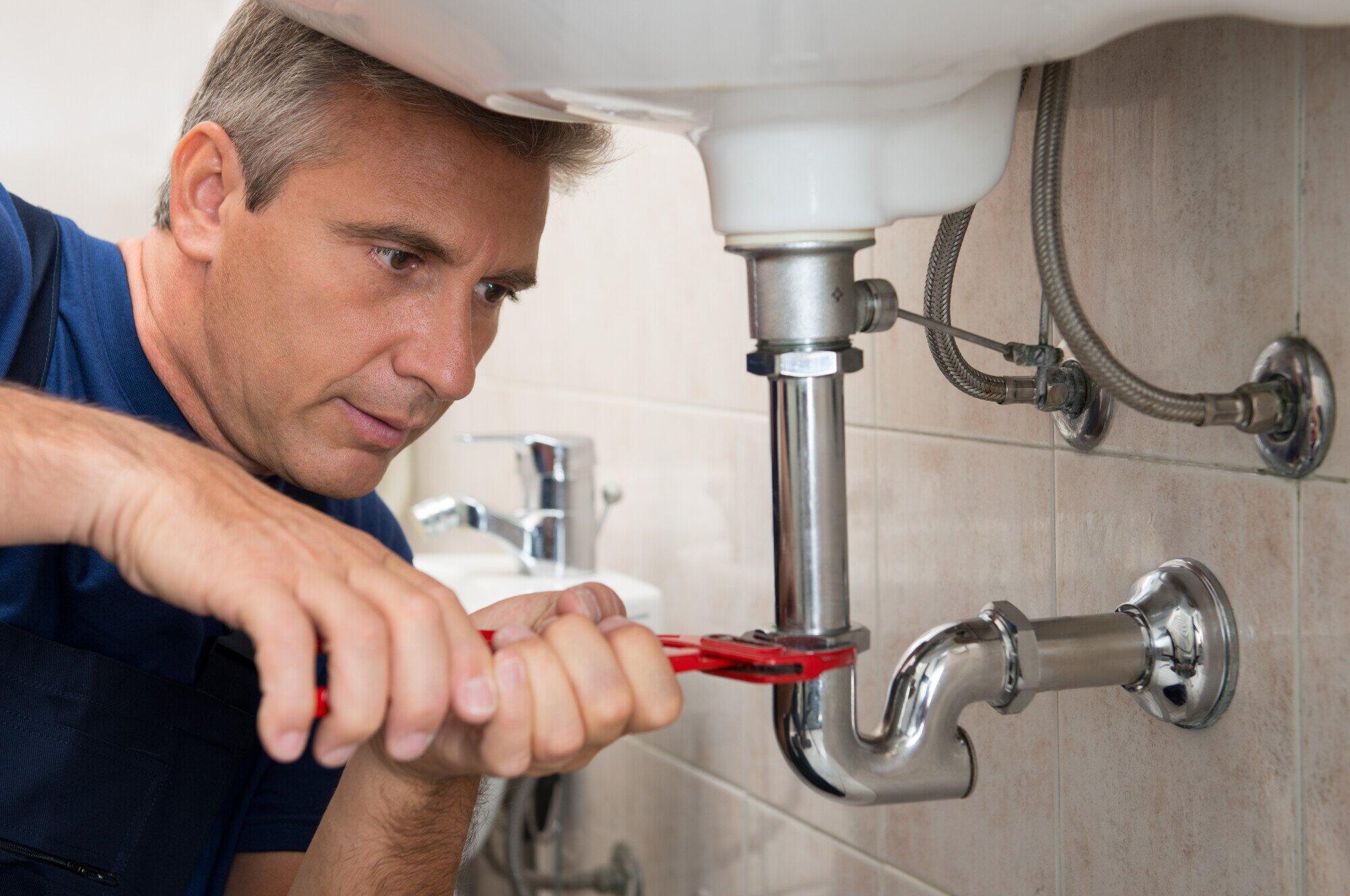Did you know that the global plumbing market is expected to touch $82.2 billion by 2030? This shows the growing demand for plumbing services.
Many homeowners enjoy handling DIY repairs, including plumbing issues. It can be rewarding and save money.
However, some small plumbing problems can turn into big ones if not fixed properly. Knowing when to call a residential plumber instead of trying to fix it yourself can save you time and money.
In this article, you will learn when to choose DIY vs. professional plumbing for your home. Read on to learn more.
DIY Plumbing Fixes
For small-scale plumbing jobs, many homeowners can tackle these tasks. Here are a few problems that are suitable for DIY solutions:
Clogged Drains
Often, a simple solution, such as using a plunger or a snake, can clear the blockage. You can also try a mixture of baking soda and vinegar.
These methods work for most minor clogs. If the drain remains blocked, it may be time to call a plumber.
Leaky Faucets
Replacing worn washers or O-rings in faucets is a common DIY fix. First, turn off the water supply before starting.
Use a wrench to remove the faucet handle and access the parts. Once replaced, test the faucet to make sure the leak is gone. If the problem persists, it may need professional attention.
Running Toilets
Often, a flapper valve replacement can resolve this issue. First, turn off the water supply to the toilet. Remove the tank lid and inspect the flapper for damage. If replacing it doesn’t stop the running, the fill valve or chain may need adjustment.
When to Seek Professional Help
As skilled as you may be, certain plumbing issues require the expertise of a residential plumber. Here are scenarios where calling for a professional is advisable:
Complex Problems
If you encounter problems such as:
- pipe leaks behind walls
- sewer backups
- water heater failures
It’s best to rely on a professional plumbing service if you encounter these issues. Misdiagnosing a situation could lead to more significant issues and costly repairs.
Lack of Time
Some plumbing issues require immediate attention, and if your schedule is tight, it may be laborious to handle the repair yourself. A professional can quickly diagnose and remedy the issue.
Codes and Permits
Depending on the nature of the work, specific plumbing tasks may require local permits or adhere to local codes. A plumbing company understands these and can ensure that work is compliant.
Cost Considerations
Cost is always a crucial factor in deciding between DIY and professional plumbing. While DIY may seem cheaper, hidden issues can lead to higher costs down the line.
For example, a botched repair could require a more extensive fix later on. This can potentially cost twice as much as calling a professional in the first place.
Knowing the average cost of plumbing repairs can help make informed decisions. Basic repairs can cost between $150 and $300. Complex jobs can run up to $1,500 or more.
Knowing When to Call a Residential Plumber
Deciding between DIY plumbing and hiring a residential plumber can be challenging. While simple tasks can enhance your home and foster skill, knowing your limitations is key.
If ever in doubt, it’s better to err on the side of caution and call for professional help. Effective plumbing service not only resolves current issues but also prevents future problems, protecting your home and wallet in the long run.
If you’d like to learn more, check out more articles on our blog.




